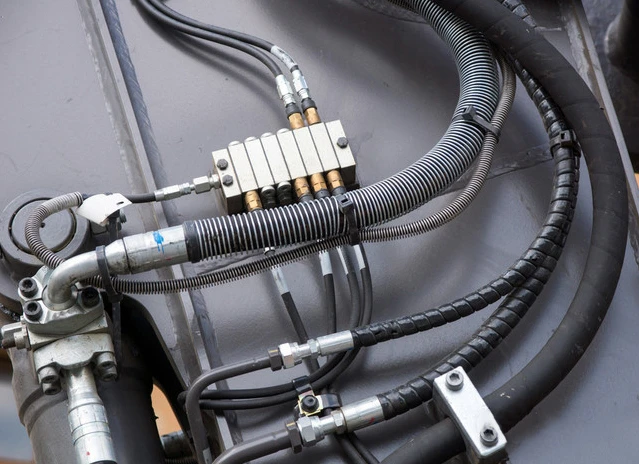

Selecting the Right Manufacturer Beyond the specifications, choosing the right manufacturer is key to ensuring reliability and trustworthiness. Respected manufacturers typically offer comprehensive guarantees and extensive after-sales support, highlighting their commitment to quality. Reputable oil hose manufacturers invest in state-of-the-art technology and adhere to rigorous testing standards, ensuring their products meet global safety regulations and endurance expectations. Safety A Non-negotiable Aspect Safety is a paramount consideration in oil hose selection. It's imperative to consider factors such as pressure ratings, temperature tolerances, and maximum bend radius. Regular inspections and maintenance also play critical roles in mitigating hazards associated with oil hose failures. Employing a proactive safety management system can prevent catastrophic events, ensuring the well-being of personnel and continuity of operations. Innovation in Oil Hose Technology The advancement in oil hose technology is marked by strides in sustainability and efficiency. Recent innovations have introduced hoses designed to be biodegradable, reducing the environmental impact while maintaining exceptional performance standards. Furthermore, smart hose systems now incorporate sensors to monitor pressure and temperature in real-time, alerting operators to potential issues before they escalate into major problems. Conclusion Making an Informed Choice Selecting the perfect oil hose is not merely about choosing a product off the shelf—it requires a profound understanding of both operational demands and the technical specifications of the hoses. Consulting with industry experts, leveraging manufacturer resources, and considering peer testimonials are critical steps in ensuring you select a hose that offers longevity, reliable performance, and safety. In summary, navigating the diverse world of oil hoses demands expertise and attention to detail. By prioritizing quality, compatibility, and compliance with industry standards, businesses can optimize their operations, reduce risks, and achieve greater efficiency. It’s this blend of expertise and careful selection that leads to informed and beneficial procurement in the complex landscape of oil hoses.
Previous:
Next:
OUR LATEST NEWS
Strict quality control strict production team to ensure stable products quality. Scientific personnel management, efficient production arrangements to ensure our timely delivery.
Product Application





















